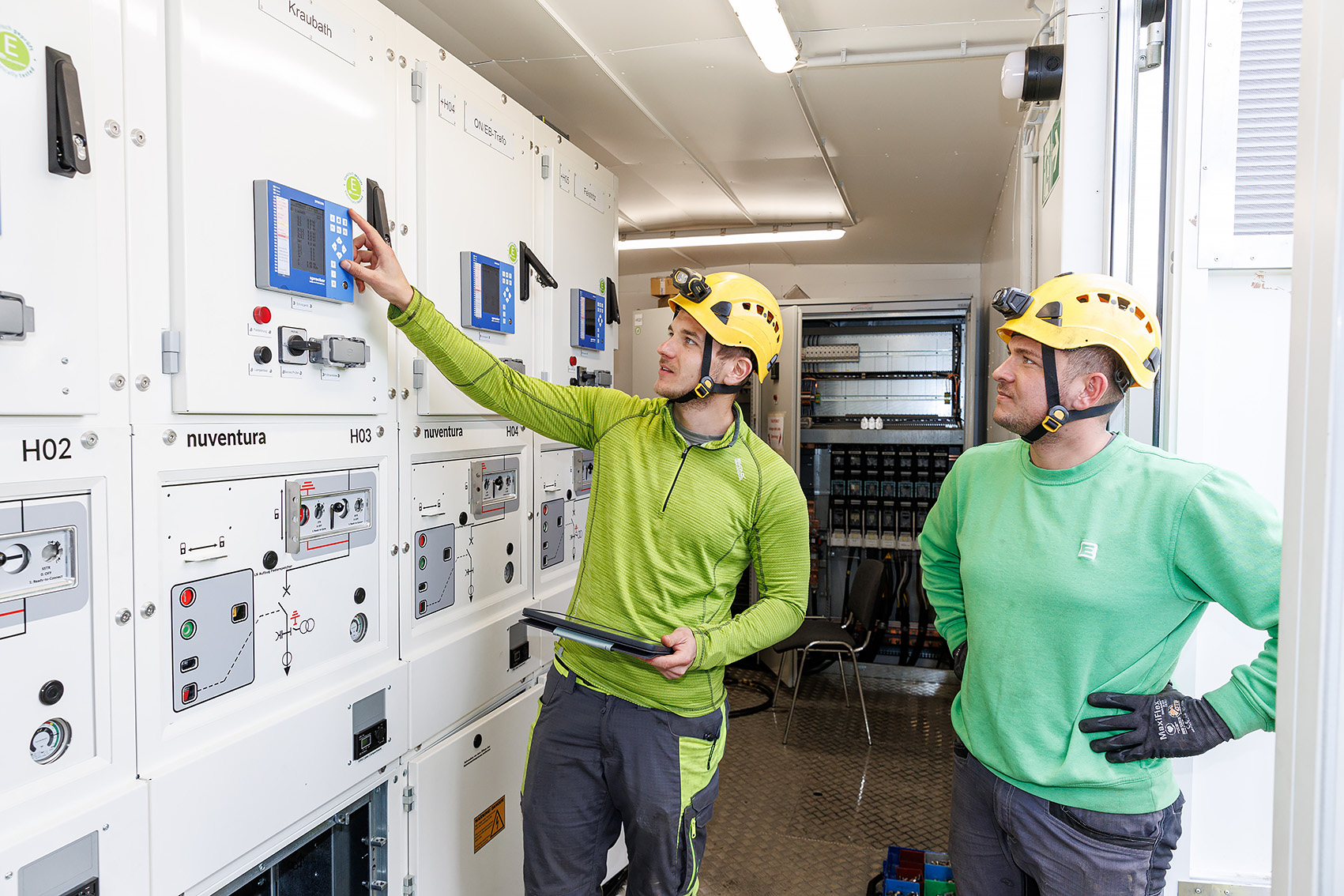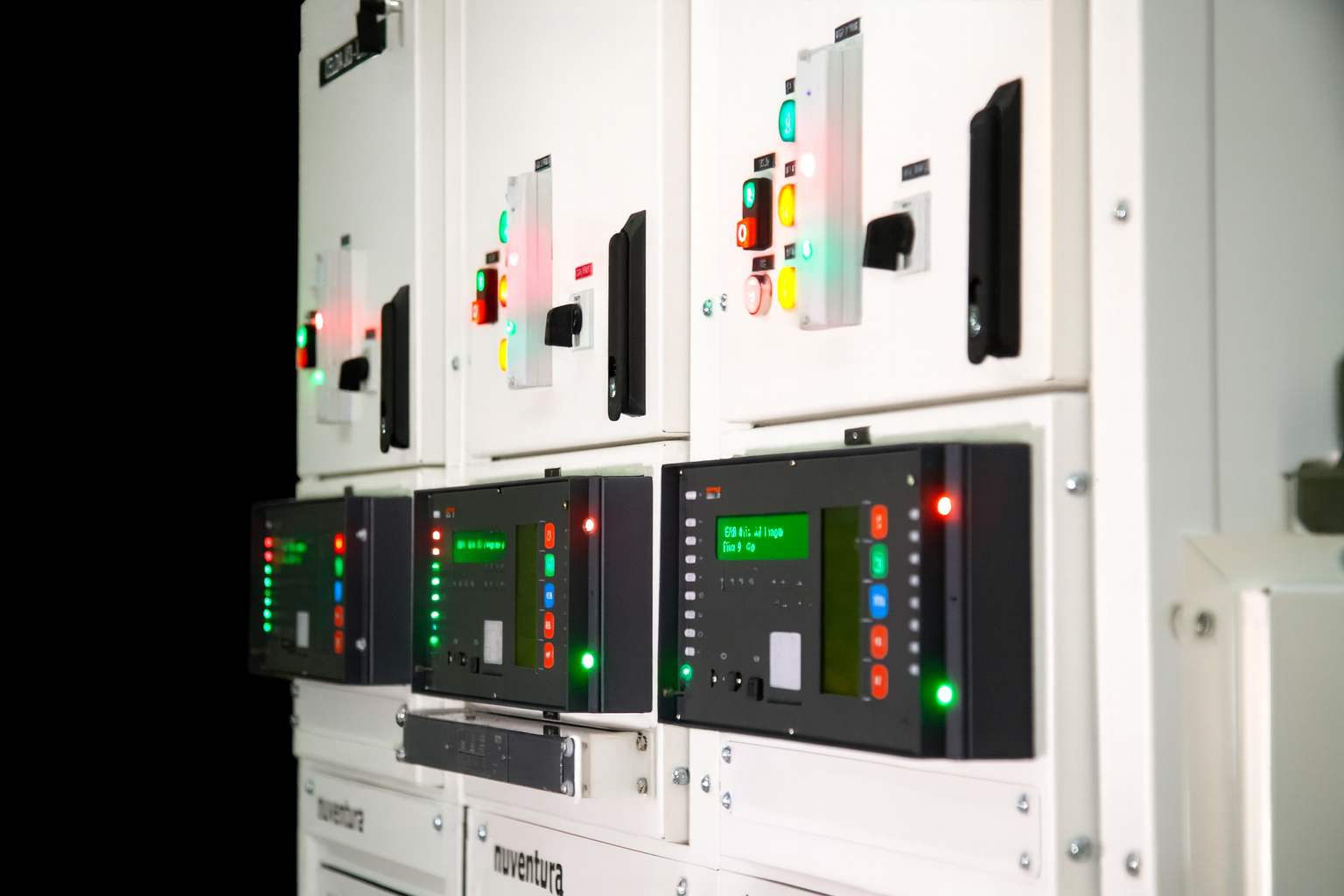Discover our latest news and impact stories
Stay informed with the latest updates, media coverage, and success stories shaping Nuventura’s journey toward innovative energy solutions.
_sz3.jpg)
Partial Discharge in MV Switchgear — Causes, Detection, and Prevention
Understanding PD is key to preventing failures, extending asset life, and ensuring safe, reliable MV grid operation.
More News Posts
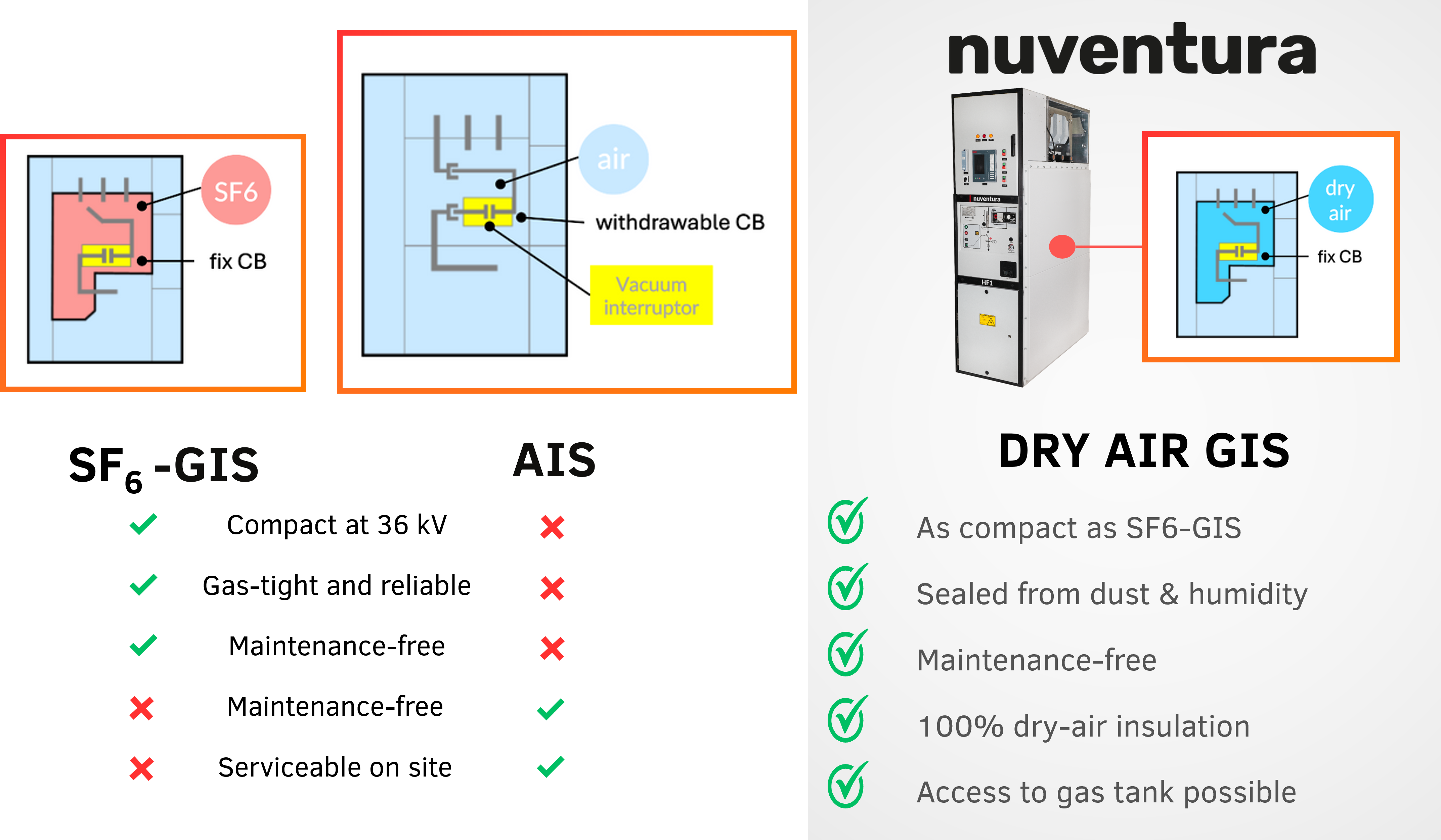
AIS vs GIS — Combining the Best of Both Worlds with SF₆-Free Technology
For decades, utilities and industries have relied on two main types of medium-voltage (MV) switchgear: Air-Insulated Switchgear (AIS)and Gas-Insulated Switchgear (GIS). Each technology offers unique advantages — and trade-offs. At Nuventura, we believe the future doesn’t belong exclusively to one or the other. It lies in combining the strengths of both, enabled by our SF₆-free dry-air insulation technology.
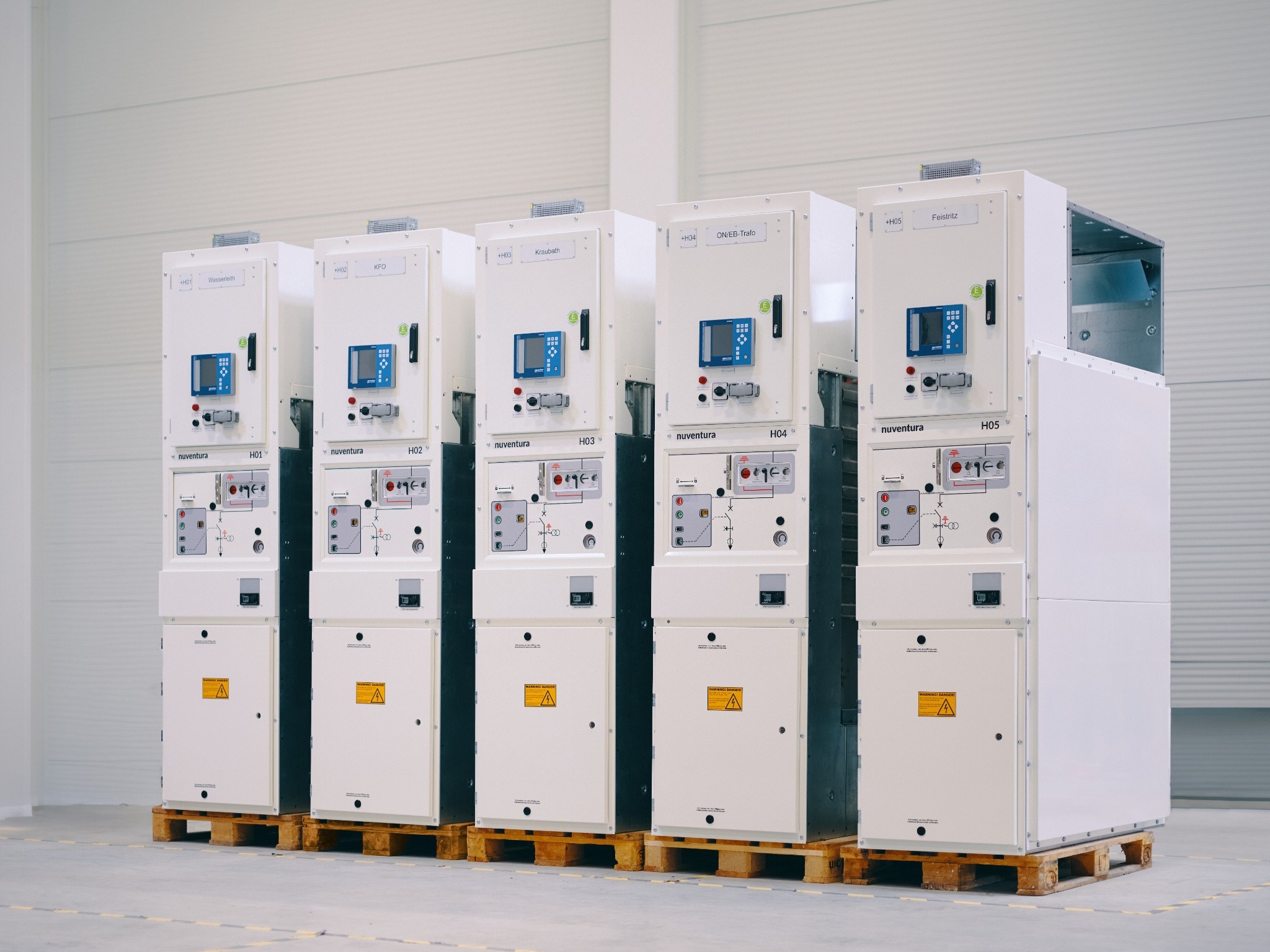
Why Voltage Levels Matter in Medium-Voltage Grids
In medium-voltage (MV) power distribution, voltage level defines everything — from how efficiently electricity travels through the grid, to how equipment is designed, rated, and operated.
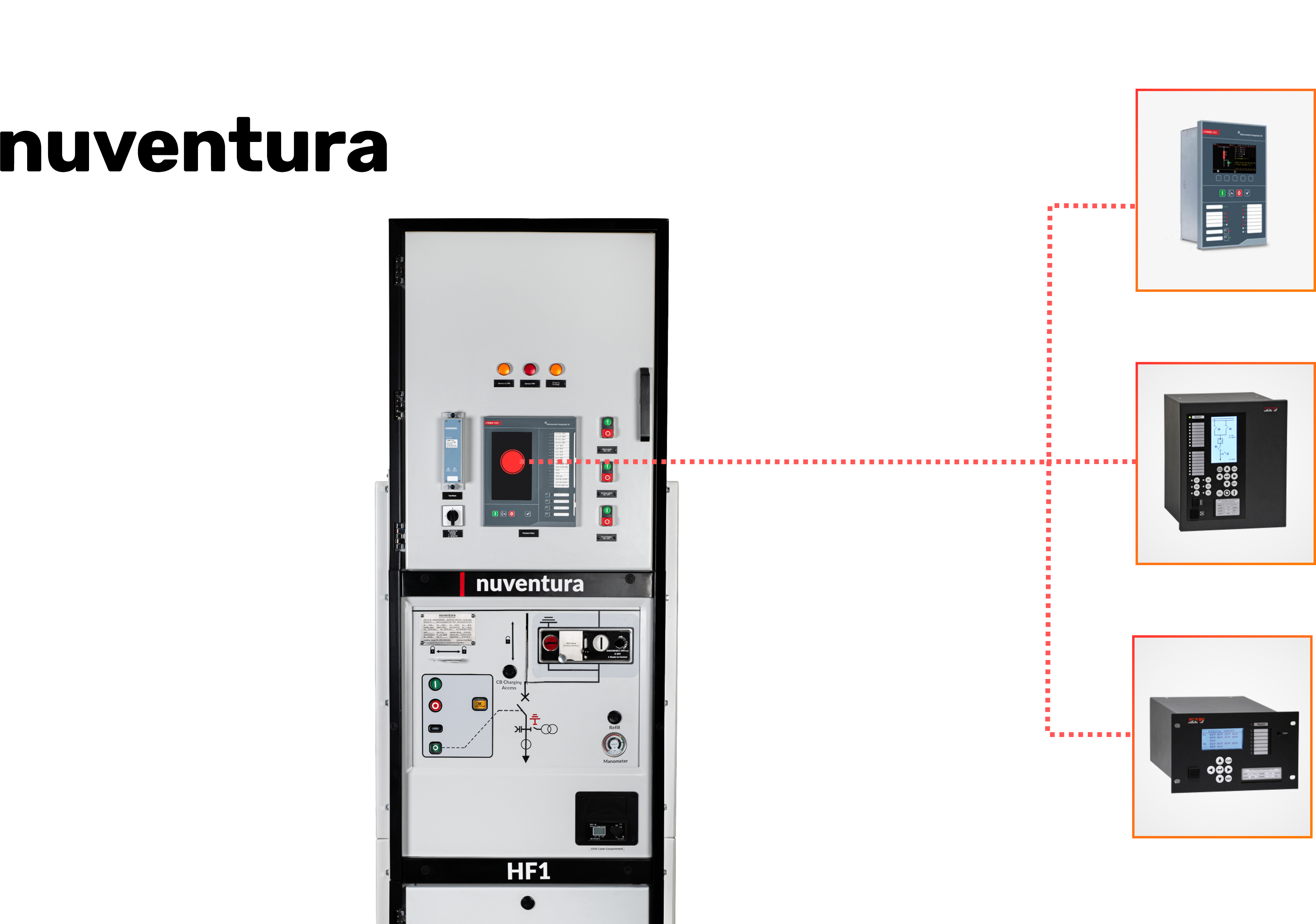
Protection Relays – The Intelligence Behind Medium-Voltage Switchgear
In every medium-voltage (MV) primary substation, protection and control systems play a crucial role in ensuring grid safety and reliability. While circuit breakers and disconnectors handle the flow of electrical power, it’s the protection relays that act as the system’s intelligence — constantly monitoring, analysing, and responding to the grid’s behaviour.
Nuventura on video
Nuventura media coverage

25 Millionen Euro eingesammelt: Berliner Start-up Nuventura will Stromnetz von Klimakiller-Gas befreien
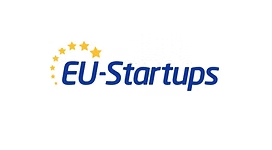
Berlin-based Nuventura secures €25 million Series A to ditch greenhouse gas for good

How founders can prepare for the fall fundraising marathon

Berlin's Nuventura raises €25M for SF6-free switchgear technologies
Stay informed and inspired
You can also stay informed and inspired by subscribing to our quarterly newsletter

Connect with our experts
Whether it’s SF₆-free switchgear specifications, partnership opportunities or support – our team is ready to answer your questions and find the right eco-friendly solution for your needs.

Do you have a specific request?
Get in touch


.png)
